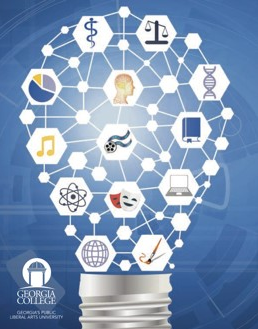Ideological Thinking in Policy Attitudes and Perceptions
Abstract
Public opinion is the collective attitudes of the citizens on a given issue or question and the distribution of citizens’ opinion on matters of public concern or interest. Research in public opinion has provided numerous insights into the organization of political attitudes in public. A great deal of research in the area of political behavior has been devoted to the explanation of preferences on issues of public policy, evaluations of government performance, and attitudes toward political figures. However, the previous studies found that most people do not form their political attitudes and beliefs ideologically. Today, people are more “issues” aware and might find themselves strongly conservative on some issues and liberal on others. While considerable scholarly attention has been paid to the consequences of citizen ideology and partisanship in national outcomes, such as presidential elections, less attention has been given to attitudes toward specific policies and issues. This paper will study the influence of ideology on Georgia policies and issues, as well as the effects of metro county residency and demographic factors. The study is designed to add to the literature on public opinion and ideology. The study uses logistic regression to analyze data from the Georgia’s State of the State Poll survey over the period 2014-2018.
Ideological Thinking in Policy Attitudes and Perceptions
Public opinion is the collective attitudes of the citizens on a given issue or question and the distribution of citizens’ opinion on matters of public concern or interest. Research in public opinion has provided numerous insights into the organization of political attitudes in public. A great deal of research in the area of political behavior has been devoted to the explanation of preferences on issues of public policy, evaluations of government performance, and attitudes toward political figures. However, the previous studies found that most people do not form their political attitudes and beliefs ideologically. Today, people are more “issues” aware and might find themselves strongly conservative on some issues and liberal on others. While considerable scholarly attention has been paid to the consequences of citizen ideology and partisanship in national outcomes, such as presidential elections, less attention has been given to attitudes toward specific policies and issues. This paper will study the influence of ideology on Georgia policies and issues, as well as the effects of metro county residency and demographic factors. The study is designed to add to the literature on public opinion and ideology. The study uses logistic regression to analyze data from the Georgia’s State of the State Poll survey over the period 2014-2018.



